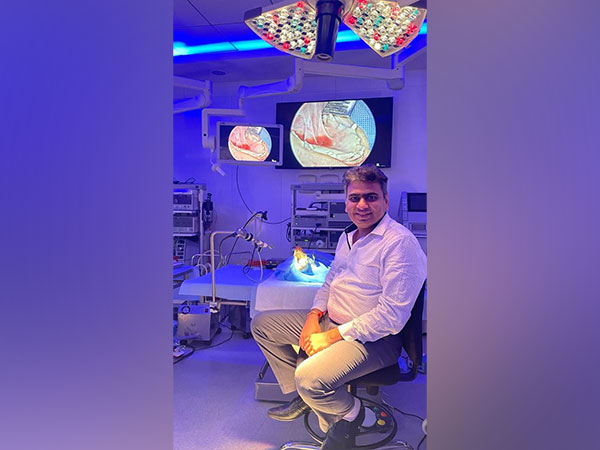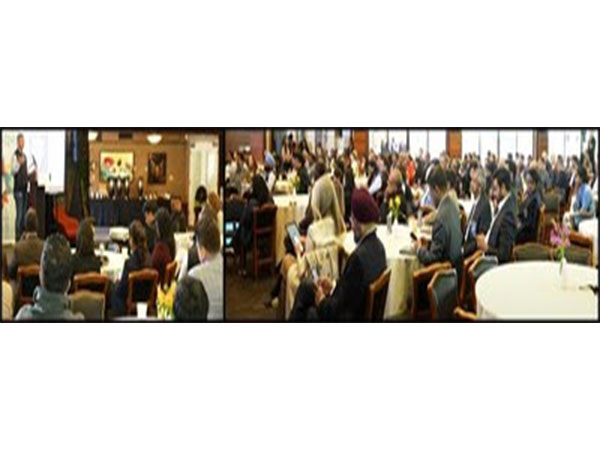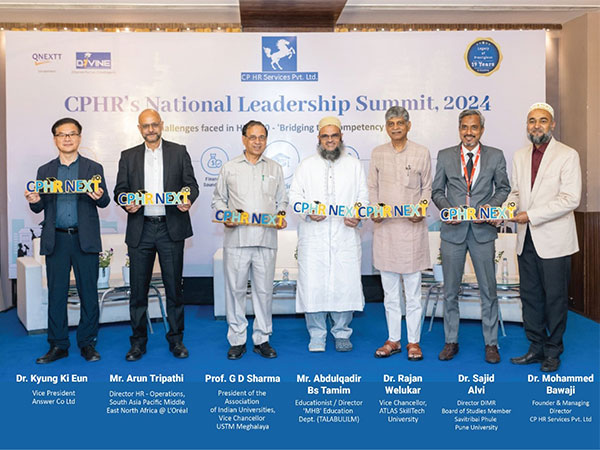
Revolutionizing Medical Education: Biological Simulated Models Shape the Future of Healthcare Training
Oct 31, 2023
VMPL
New Delhi [India], October 31: The field of healthcare is undergoing a rapid transformation, driven by technological advancements, innovative treatments, and an increasing demand for superior patient care. In this dynamic landscape, medical education is experiencing a paradigm shift, with simulation technology emerging as a cornerstone in shaping the future. A noteworthy development within this transformative journey is the ascendance of Biological Simulated Models.
Traditional medical education has historically relied on a combination of lectures and hands-on experiences with actual patients. However, these methods have inherent limitations, including time constraints, ethical considerations, and the potential for errors. Simulation technology effectively addresses these constraints by providing a controlled and risk-free environment for medical professionals to acquire and enhance their skills. The simulation toolkit includes high-fidelity manikins, virtual and augmented reality, and standardized patients. Nevertheless, it's the advent of Biological Simulated Models that promises to propel medical education to new heights.
The future of healthcare training is poised to introduce patient models that closely mimic the biological and physiological characteristics of the human body. These models will not only replicate the anatomy but also simulate the functions and responses of various bodily systems. Medical professionals will have the opportunity to practice diagnosing and treating complex medical conditions with an unparalleled level of precision.
Biological Simulated Models will enable medical students and professionals to immerse themselves in simulations of specific diseases and conditions. They can gain a profound understanding of disease progression and practice the latest treatment protocols. For instance, a virtual model may faithfully represent the behavior of cancer cells, enabling oncologists to fine-tune their treatment strategies.
Moreover, Biological Simulated Models will facilitate training in the burgeoning field of precision medicine. Healthcare providers can harness these models to develop personalized treatment plans, taking into account a patient's genetic makeup, lifestyle, and disease characteristics.
The benefits extend to surgeons and surgical teams who will greatly benefit from biologically accurate models. They can practice complex surgical procedures in a safe and realistic environment, reducing the learning curve and enhancing patient safety in the operating room.
Despite the undeniable potential of Biological Simulated Models in healthcare training, challenges must be addressed. The development and maintenance of these models can be costly, and it is crucial to ensure widespread access to guarantee equitable training opportunities. Continuous updates and validation are vital to keep these models aligned with the latest medical knowledge.
Simulation in healthcare training, bolstered by Biological Simulated Models, stands on the brink of revolutionizing medical education. These models, offering a level of realism and accuracy previously unattainable, are poised to play a pivotal role in preparing the next generation of medical professionals for the ever-evolving healthcare landscape. As medicine advances, so too will the methods of educating and training healthcare providers, with Biological Simulated Models leading the way.
For more information, you can visit Dr. Nikhil Patel's social media profiles:
- Facebook
- LinkedIn
(ADVERTORIAL DISCLAIMER: The above press release has been provided by VMPL. ANI will not be responsible in any way for the content of the same)









